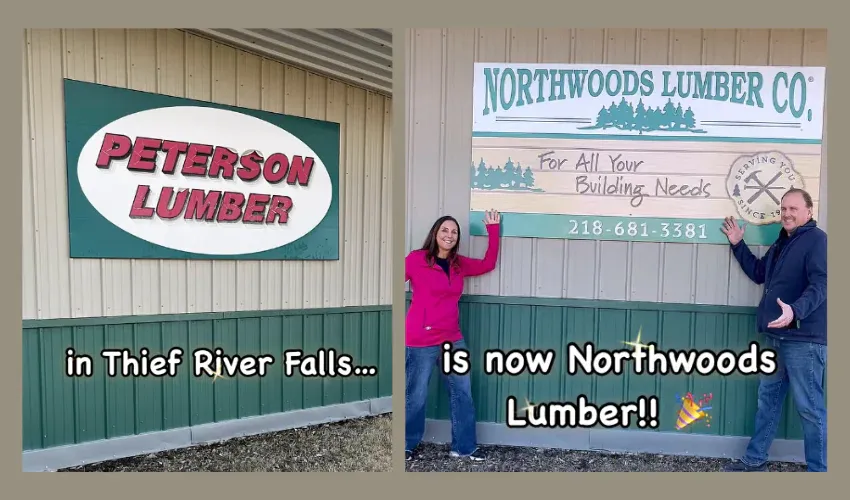Table of Contents
SPEAKING SHOULD COME naturally. Most of us start talking between 12 and 18 months and keep talking every day after. There are some silent monk types who don’t speak much, but on average most people speak 15,000 to 16,000 words a day. That’s a lot of words by the time we start working.
Why Sales Speak Is Different
The fundamental difference between sales speak and talking about the weather or last night’s ball game is in sales we are moving people to action. Pericles, a Greek orator speaking of another orator, said, “When Pericles speaks they say, ‘How well he speaks.’ When Demosthenes speaks they say, “Let’s march!” In sales we are in the “Let’s march” business.
It’s not merely the words we use, but how we use them. Tone, pace, volume and demeanor of the salesperson all matter. And all of these need to be calibrated to our audience. When in Rome, speak Italian. In Paris, speak French. If a customer is the jovial type, we will want to keep our demeanor light. If they’re the serious type, we’ll keep our conversation a bit more serious. If we’re selling to a highly educated person, we can let our vocabulary flow, but most newspapers are written at the tenth-grade reading level, so in most cases when selling we don’t have to “dumb down” our speech, but we don’t want it to be too highfalutin!
Uncomfortableness & Pressure Create Garbled Speech
Between expectations (our own and our boss’), competition (inside and outside our company), and dealing with new customers, there’s a lot of pressure in sales. Pressure makes the simplest things (talking, for example) difficult. Below are some of the verbal hiccups I spend a lot of time unteaching my students:
Ums and Uhs. When we are trying to convince someone to do something, we must sound confident. Sales is a transfer of emotion. If we sound unsure or nervous our customer will be reluctant to go with our proposal. Many salespeople “um” and “uh” after every sentence. Customers may not even consciously hear it, but subconsciously they do, and it breaks rapport and does not inspire trust.
Beat-Around-The-Bush-Itis. “Good day, my name is John from, uh, ABC Lumber Co., and I was just wondering, I don’t want to bother you and this will just take a moment, if you have the time, I was just wondering if it would be possible to talk to the person who does, if they’re in, to talk to the person who does the lumber buying, possibly.”
You may think the above example is an exaggeration, but I assure you it is not. Simple is professional: “Good day, this is Rebecca Johnston from ABC Lumber out of Spokane, Wa. Could you tell me who does your lumber buying, please?”
Filler Words are any that are unnecessary. “Kinda,” “you know,” “maybe,” “might,” “possibly,” “like” and “literally” are some of the most common.
Repetitions. “One coat of paint and ask for the order” is what I tell my students. “We see this market moving. It really looks strong, and inventories are very thin. In our morning meeting we all agreed that the market is going to move up and we see it staying strong. Inventories are thin and it doesn’t look like there will be a slowdown anytime soon. We are selling really well, and customers are buying. So is there anything you need today?” Happens more than you think.
Simply and Directly Ask for the Order. Eighty percent of salespeople do not ask for the order. They present products and wait for the customer to buy. Unfortunately, this works. It just doesn’t work as well as asking for the order. Short term we will get more business if we ask for it. Long term, and for me more importantly, we will create relationships with customers so that they know we are going to present them with products and solutions and ask for the order and they will begin to expect it.
Talk To Them Like a Brother. My first boss, Terry Lane, said, “James, relax and talk to them like a brother.” The more relaxed and natural our speech is, the more we will sell.









